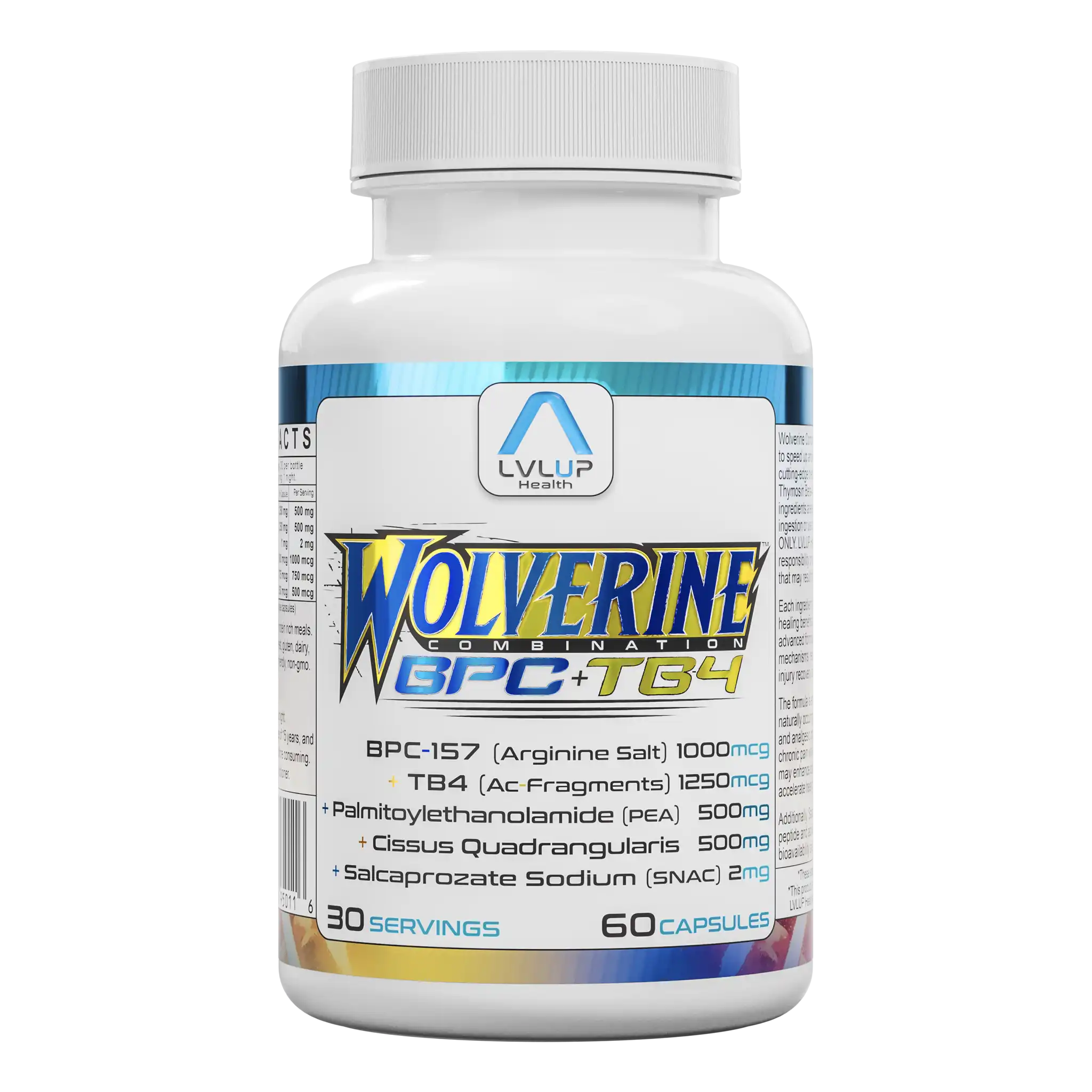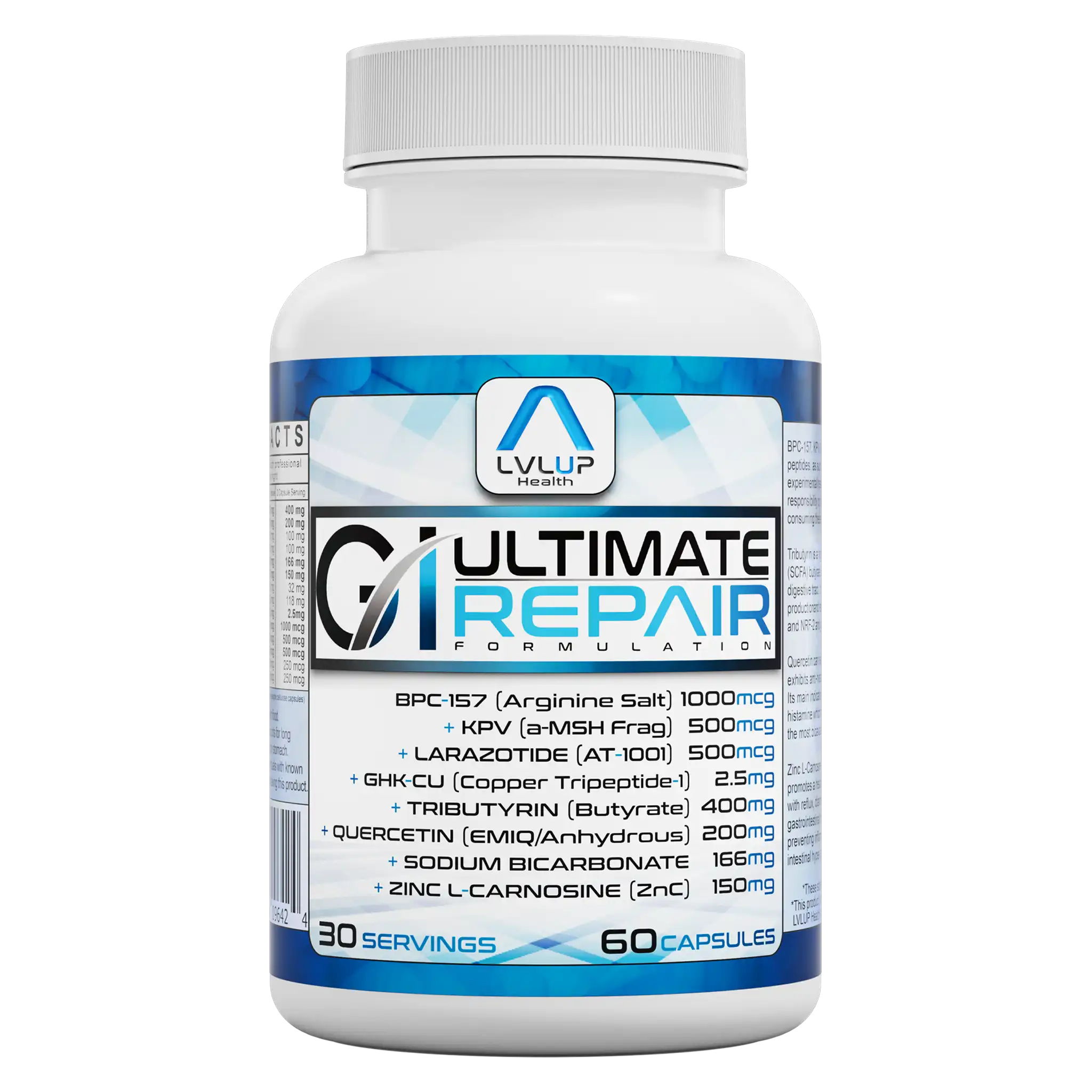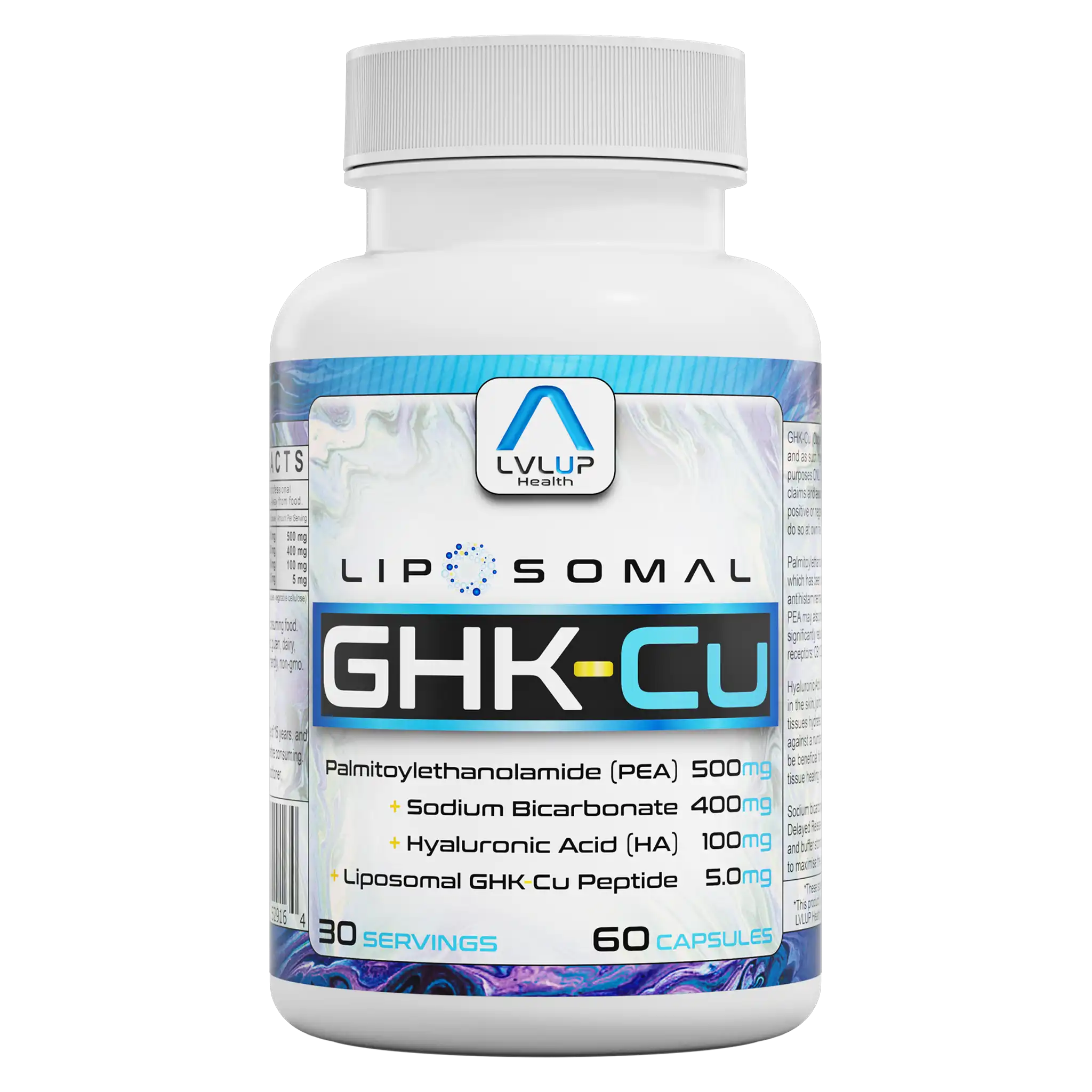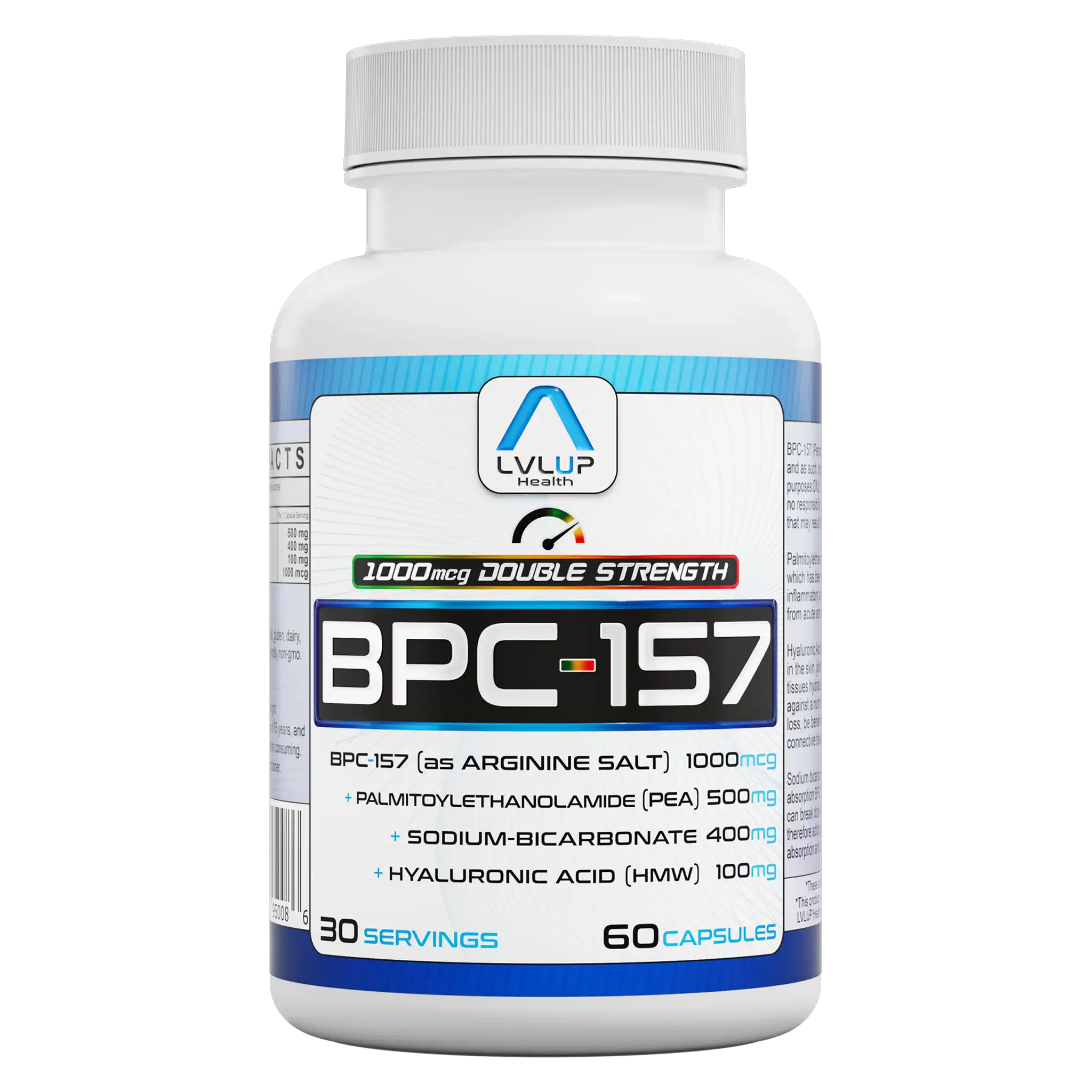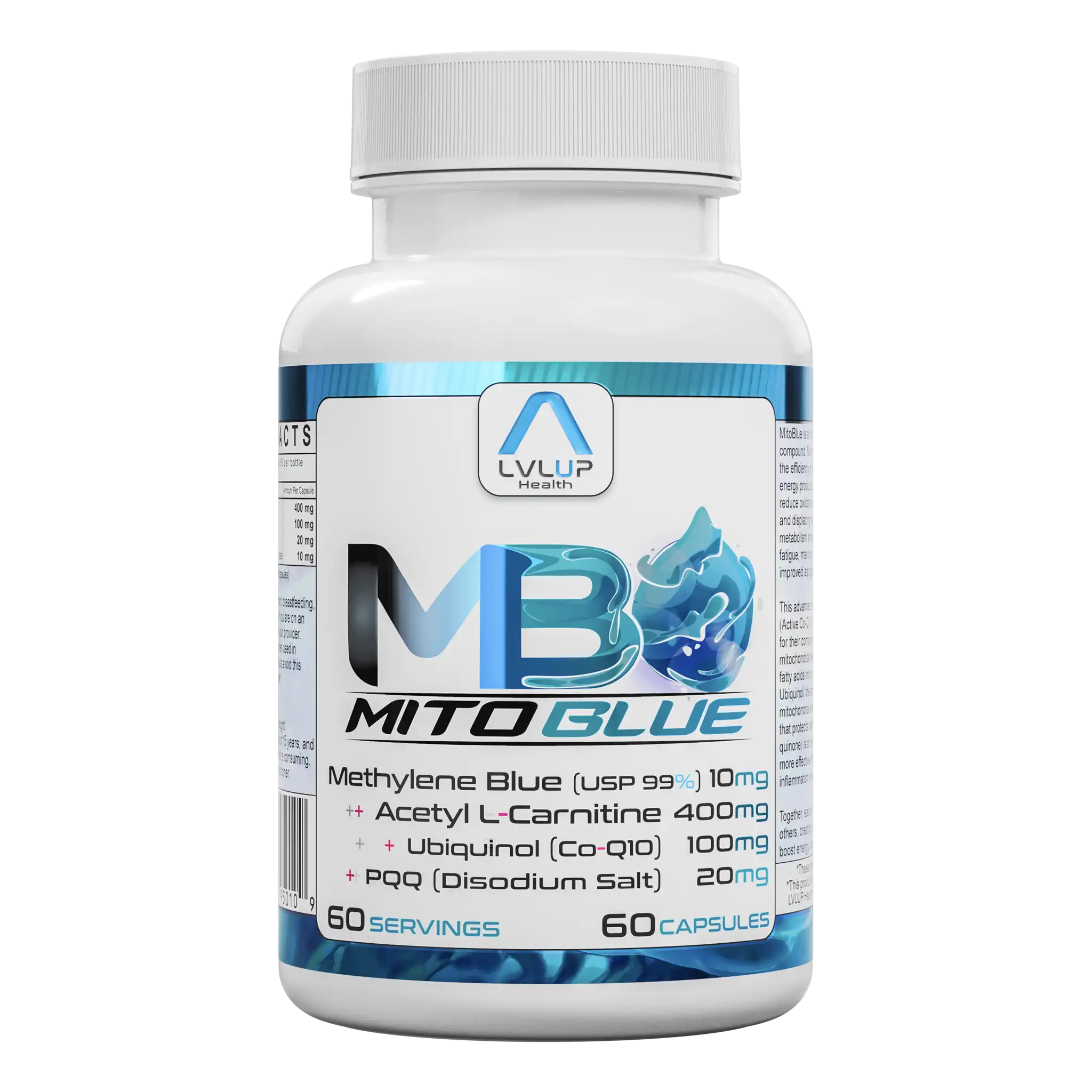Coenzyme Q10
About Coenzyme Q10
How Ubiquinol Works
Ubiquinol is a molecule naturally produced by the body, serving as the active form of CoQ10. It integrates seamlessly into mitochondrial processes, helping produce ATP, the main energy currency of cells. Mitochondria use ubiquinol to shuttle electrons, driving ATP production effectively.
Antioxidant Role
Apart from energy production, ubiquinol acts as a potent antioxidant, neutralizing free radicals and protecting cells from oxidative stress. This function becomes more vital as we age, as the body becomes less efficient at converting CoQ10 into ubiquinol.
Supplementation Benefits
Ubiquinol is often found in supplements targeting mitochondrial support and is paired with other compounds like B vitamins and omega-3 fatty acids. It’s particularly favored by athletes and those looking to maintain energy levels and organ health.
Practical Uses
You’ll often find ubiquinol in mitochondrial blends or brain boosters aimed at active lifestyles or combating age-related decline. It plays a key role in products like Mito Blue, supporting mitochondrial function and antioxidant capacity.
Found In
Formulated With
Detailed Information
Biochemical Properties
Ubiquinol (2,3-dimethoxy-5-methyl-6-polyisoprenyl-1,4-benzoquinone) is the reduced form of Coenzyme Q10, featuring two hydroxyl groups. It acts as an electron carrier in the electron transport chain, facilitating electron transfer within mitochondrial membranes. Its isoprenoid side chains offer stability and mobility within lipid bilayers.
Antioxidant Mechanism
Biochemically, ubiquinol donates electrons to neutralize reactive oxygen species (ROS), protecting cellular structures from oxidative damage. This antioxidant action is crucial in high-metabolic-rate organs like the heart and brain.
Aging and Supplementation
As we age, endogenous CoQ10 production declines due to reduced enzyme expression in the mevalonate pathway. Ubiquinol supplementation bypasses the conversion steps required by ubiquinone, offering better bioavailability and plasma concentration.
Clinical Research and Applications
Research shows improvement in bioenergetic markers like ATP/ADP ratios with ubiquinol supplementation. It complements nutrients like pyrroloquinoline quinone (PQQ), enhancing mitochondrial biogenesis. Ubiquinol is used in protocols for cardiovascular health, neuroprotection, and recovery post-exertion.
